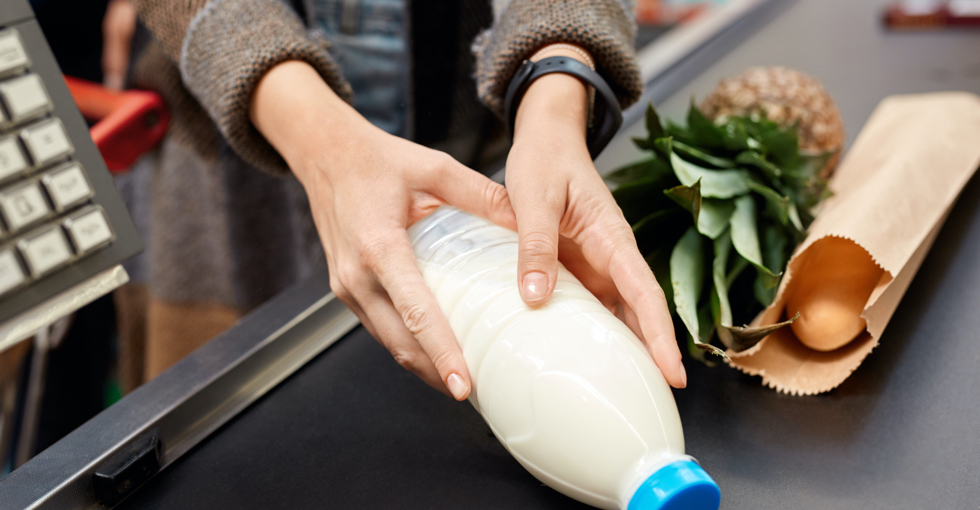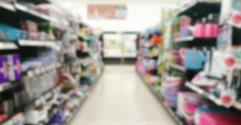Owning a convenience store can be a lucrative business, but you will need to run a tight ship and keep on top of your accounts if you’re going to be successful. This article will help store owners to establish what type of products they should be stocking on their shelves. You can also find out more about theft concerns in the sector and how best to manage your team of employees.
Products
Customers will usually shop at a large supermarket to buy their weekly groceries so you will have to be savvy about what you stock in order to compete. You need to make sure the products you sell in your store are relevant to your shopper’s needs; you should stock small items, such as soft drinks, chocolate, tobacco, etc.

Make sure your store is restocked regularly and all the items on your shelves are in date. You should monitor which items sell quickly and which are less popular to get a clearer insight into your customer’s needs; ask for feedback on products that you’re trailing in store.
Running your own shop also gives you the opportunity to sell homemade products; for example, if you make your own Biltong you may want to try selling it in your store. Make sure any products you manufacture and sell adhere to government health and safety regulations.
Security
According to crime statistics, an average of 170 people are caught shoplifting every day in South Africa. Convenience stores are often an easy target for theft, with many items being small and easy to conceal; these exploits cost retailers millions of rand collectively per year.
You should consider installing security cameras which you can monitor from your phone to keep an eye on your store when you’re not there. This will not only be a deterrent for any potential shoplifters, but it will also help to keep your employees safe from violent thieves.

A lot of the items you sell in your store will be small and easy for a shoplifter to conceal. The "hot products" thieves tend to steal include meats, instant coffee, razor blades, cartridges, beauty products, toiletries, liquor, vitamins, clothing, chocolates, tech items, CDs and DVDs.
Employees
Once you’ve set up or bought your own store, you’ll need to recruit, train and manage a team. To prevent a high turnover of employees, you need to create a positive and dynamic work environment; your staff should have the confidence to communicate any issues to you.
If you have more than 10 employees, you may consider appointing a manager to help handle daily operations as well as training and managing staff. Appointing a manager will also mean you can have a break and be confident you’re leaving the store in good hands.

To be a successful owner you need to be neutral and approachable with all your staff; make sure
early morning and weekend shifts are allocated fairly between your employees. If a worker has family commitments, establish a manageable rota that fits in with their schedule.
Accounts
It’s important to keep on top of your accounts regularly; make sure you review your turnover figures and profit margins. If you own a big store, appoint finance personnel or accountant to handle the daily transactions, cash flow management and any business expenses.
Arrange monthly meetings with your finance manager or accountant to evaluate your cash flow and how you can reduce your operational costs. You should also review your income statements, balance sheets, stock intake and monthly cash flow forecasts on a weekly basis.
You should keep up-to-date with industry new and trends; for example, the demand for packaged food is expected to rise by 6% until 2022 as more consumers opt for convenient, affordable products. Gaining more knowledge in the sector will help you grow your business.





